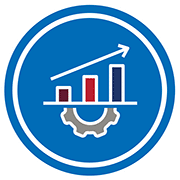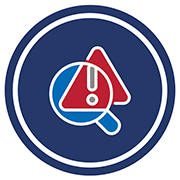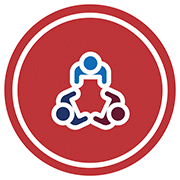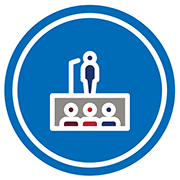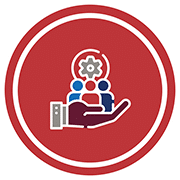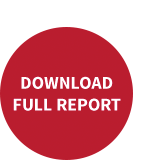USAID/Philippines awarded Panagora Group the Collaborating, Learning, and Adapting activity in July 2020. The contract purpose was to bolster the capacity of USAID/Philippines to effectively lead and practice collaborating, learning, and adapting (CLA), by working closely with USAID/Philippines to integrate CLA principles into the Mission’s work — helping staff to strategically collaborate with key internal and external stakeholders, adopt a culture of continuous learning, and practice effective, agile adaptive management to achieve greater development impact. A strong learning agenda and a strengthened evidence base to inform key strategic decisions would drive the greater impact.
Yet, the Philippines and much of the world was under lockdown due to COVID-19. The Mission and Panagora Group were learning how to work remotely with staff spread across the Philippines and the United States, occasionally unreliable home internet connections, time zone differences, and the uncertainty of when the world would go back to normal. Starting a project, building a team, and helping a Mission build a strong CLA culture to improve its development outcomes is a challenge under any circumstances. Panagora Group needed to do this in the complex context of the pandemic.
